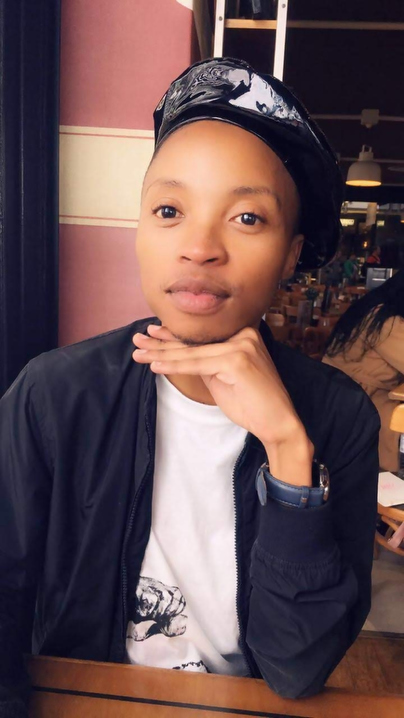
Z Fila/
South Africa
“I decided to forgive my parents for not accepting my sexualty. i forgive them, however, resent the christian faith because it robbed me of my parents.”
READ THE STORY
“I decided to forgive my parents for not accepting my sexualty. i forgive them, however, resent the christian faith because it robbed me of my parents.”
READ THE STORY
“I don’t want to write because I dont want to Remember, it makes me very angry. But most Importantly, I want to move forward”
READ THE STORY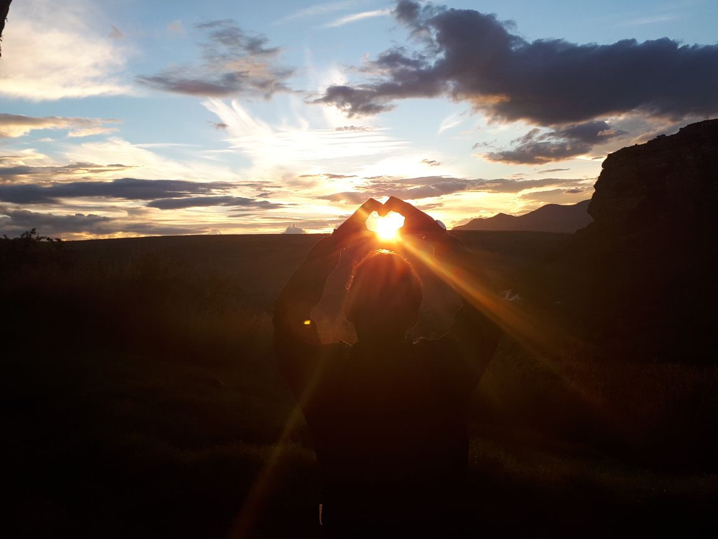
“grow up in rejection of myself and more over tendered to hate gay people too. I too was thought to hate and I really became good at it, internally I called it my guard.”
READ THE STORY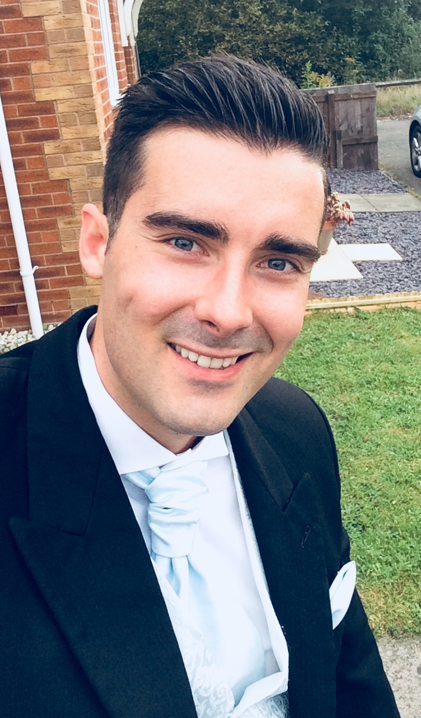
“One day someone passed comment and I snapped. Years of abuse and shame came flooding out. I can not begin to describe the relief and elation to be free. Reality then hit my like a ton of bricks and I realised that the hard work was not over. How does one tell a spouse they are leaving? How does one tell an overbearing father he is gay?”
READ THE STORY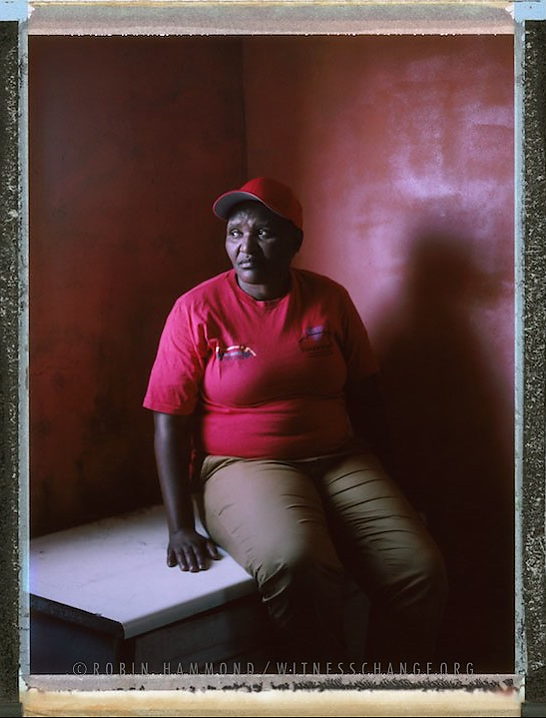
“I told the policeman what happened. He asked me: ‘Are you a woman?’ I told him: ‘Yes I am.’ He didn’t take my statement. Instead he went to other police and I heard him laughing. The other police also came to ask me what had happened. I later found out they were making fun of me. I went home, wearing one shoe, and feeling very devastated. I never believed that the institutions I trusted could do this to me. I arrived at home and went straight to bed without a statement being taken.”
READ THE STORY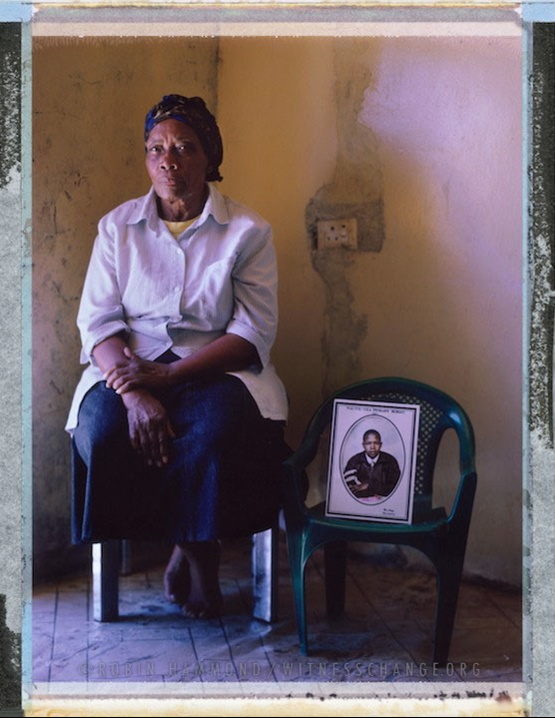
“What did I do to you, why are you shooting me.’ He continued and shot her on the forhead that third bullet threw my beloved daughter to the ground.”
READ THE STORY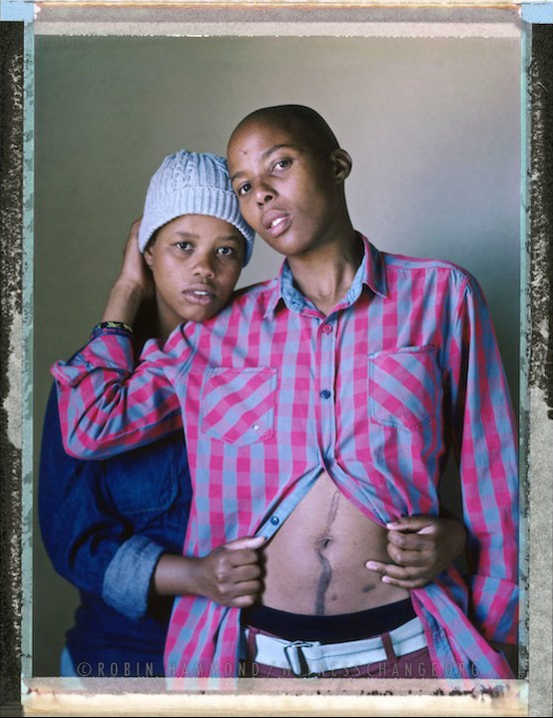
“here’s these bitches trying to steal our girls” cried the men before attacking Ntombozuko and her friends.
READ THE STORY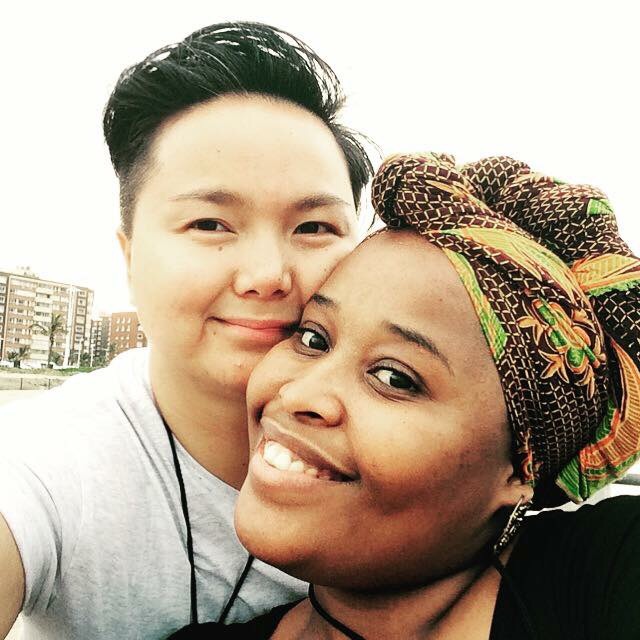
“Why are you lesbian?” his tone demanded answers and was very interrogative. This is a constant task when holding hands in public, that we must explain ourselves. It feels as if we owe everyone an explanation for being together.”
READ THE STORY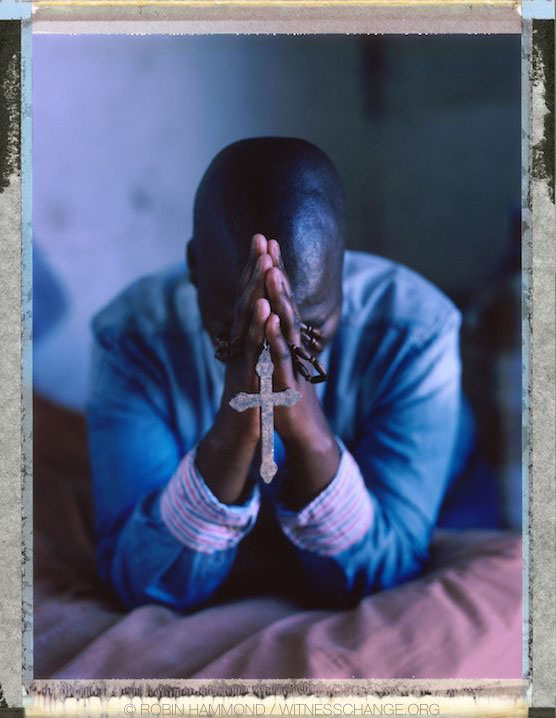
“Then he said he is going to show me that I am a girl, he pulled out a gun and told me to strip off my clothes.”
READ THE STORY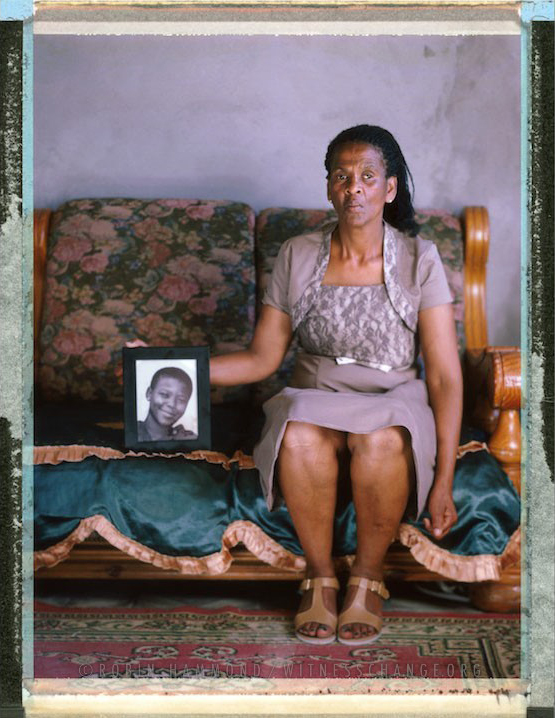
“Even now when I’m on the go, I am always looking out like I will hopefully see Ntsikie.”
READ THE STORY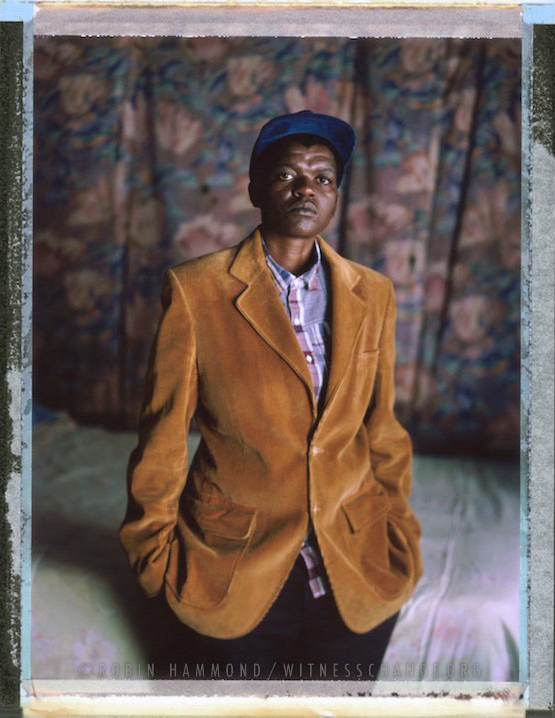
“I’m afraid every night. I don’t know if there is someone out there waiting for me…”
READ THE STORY